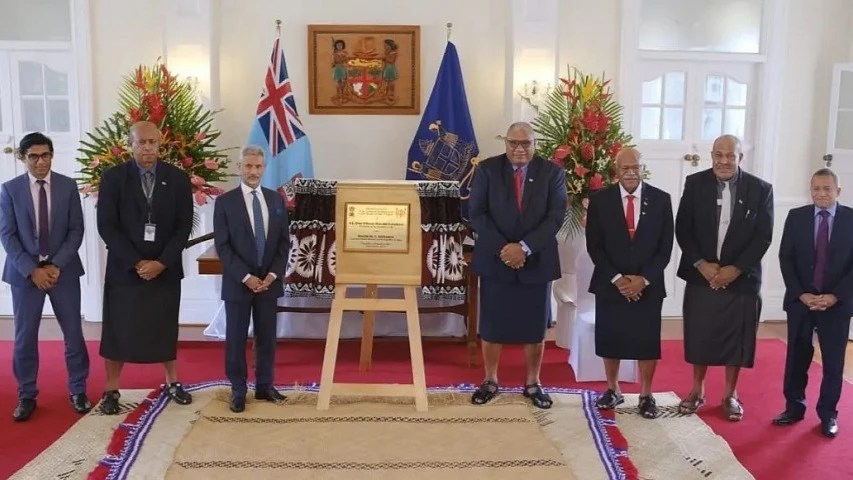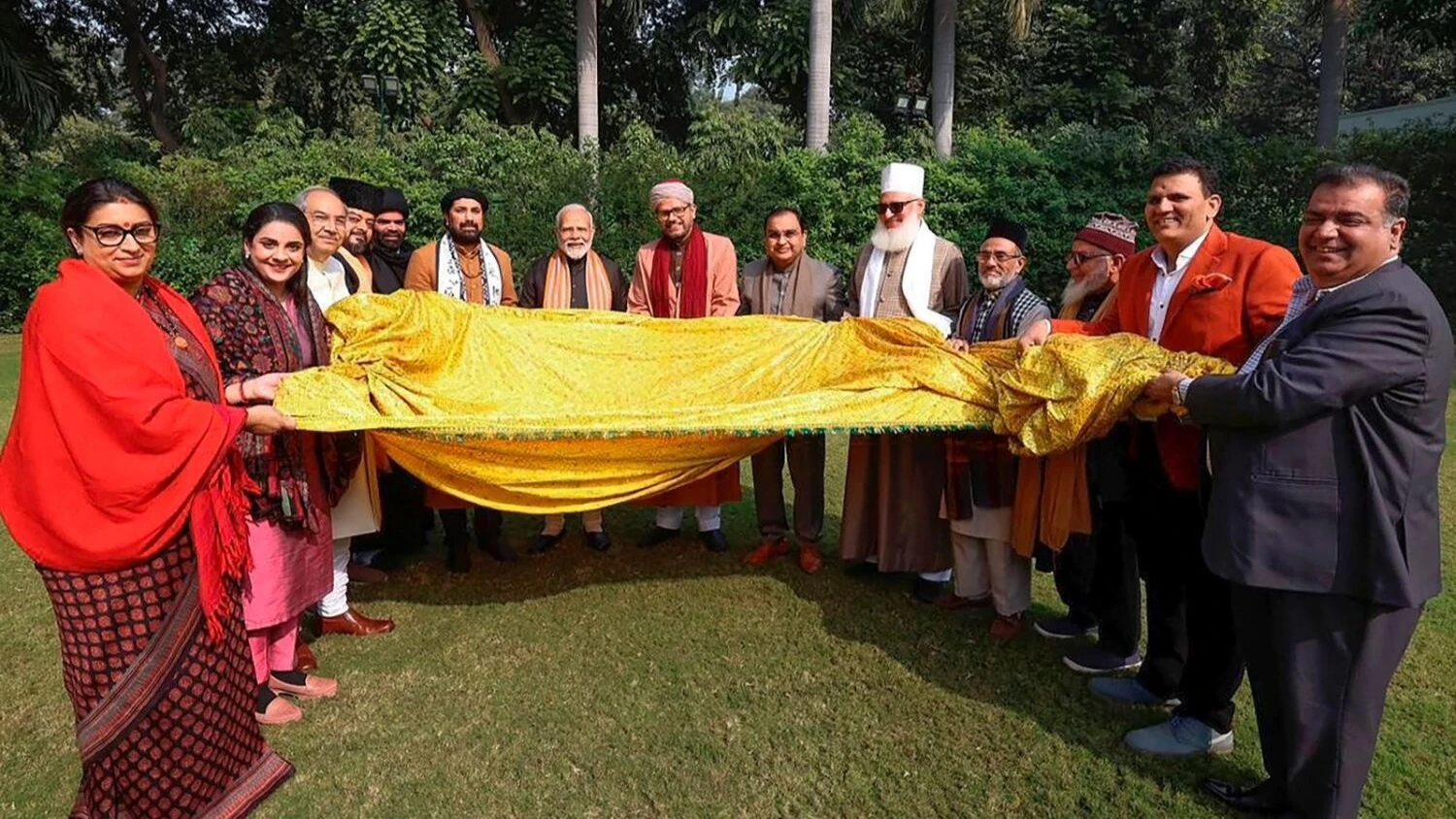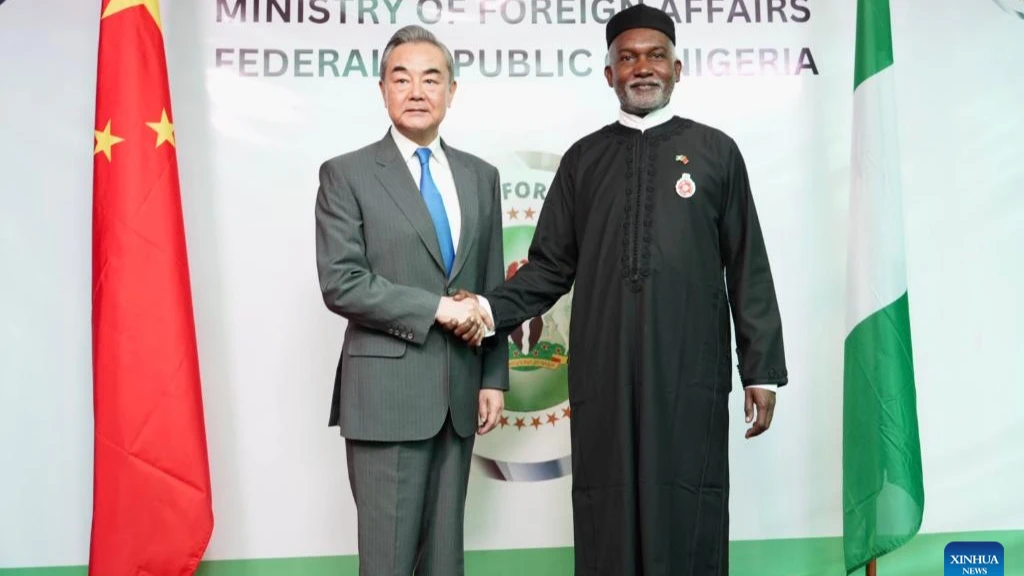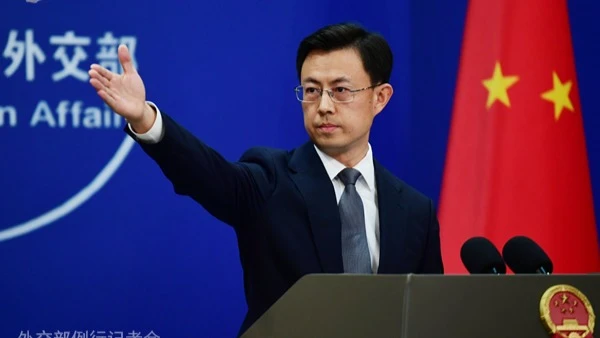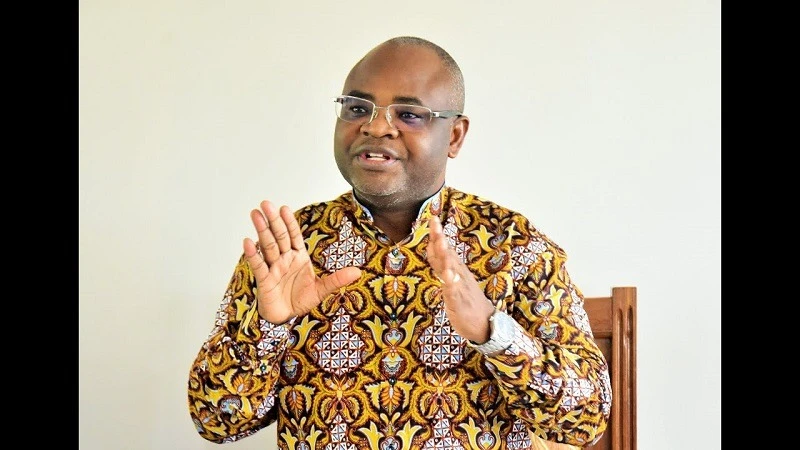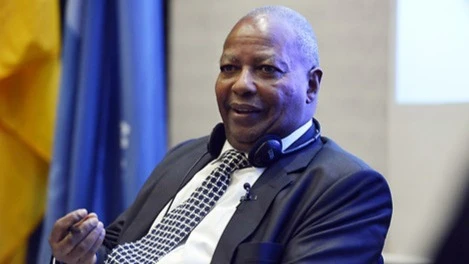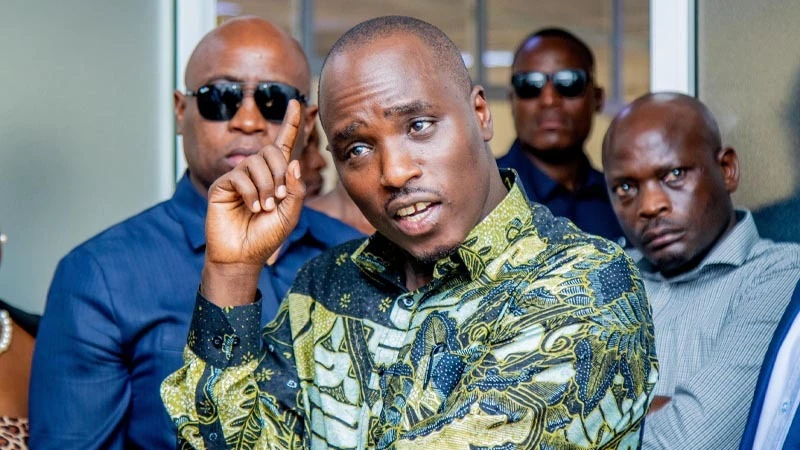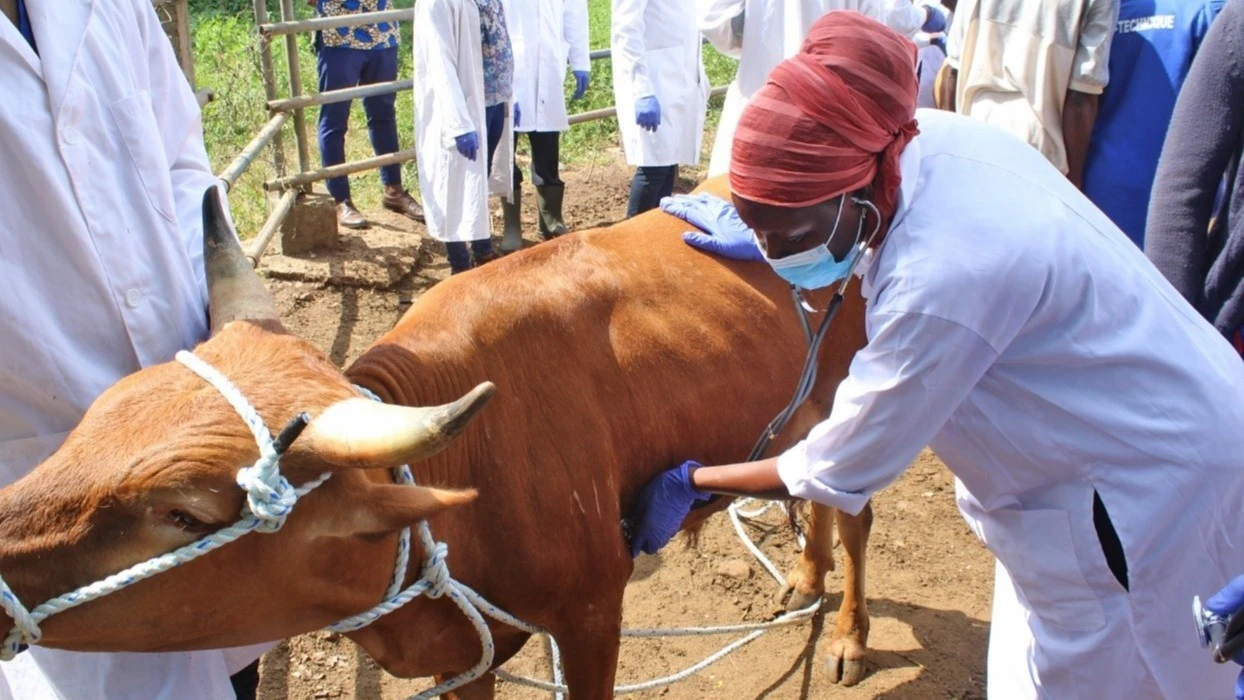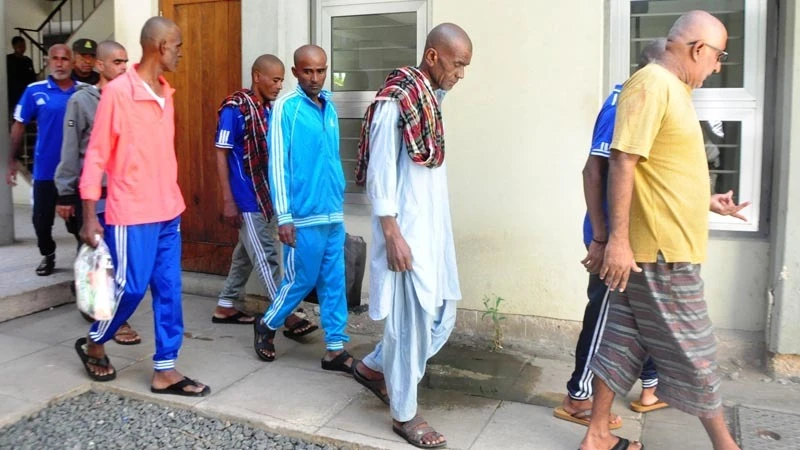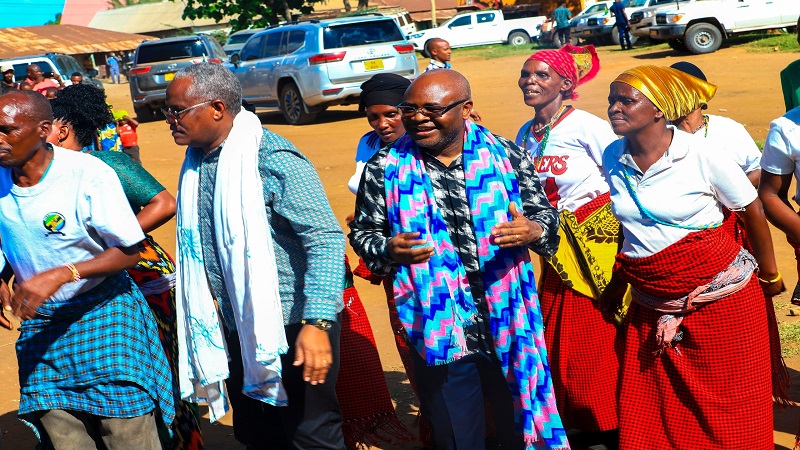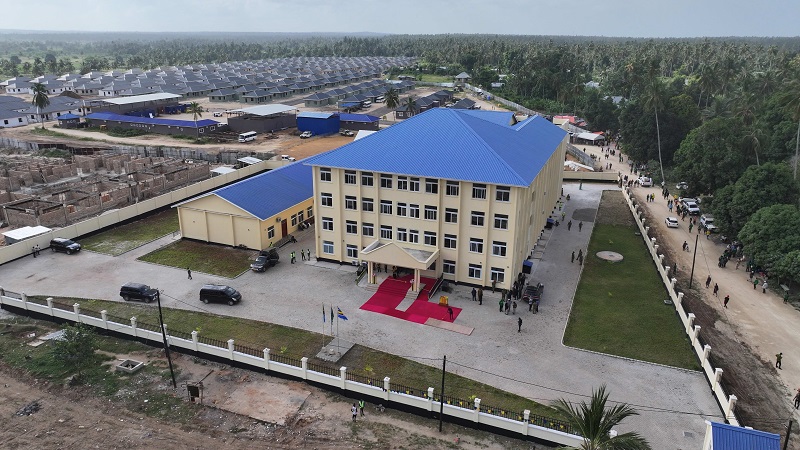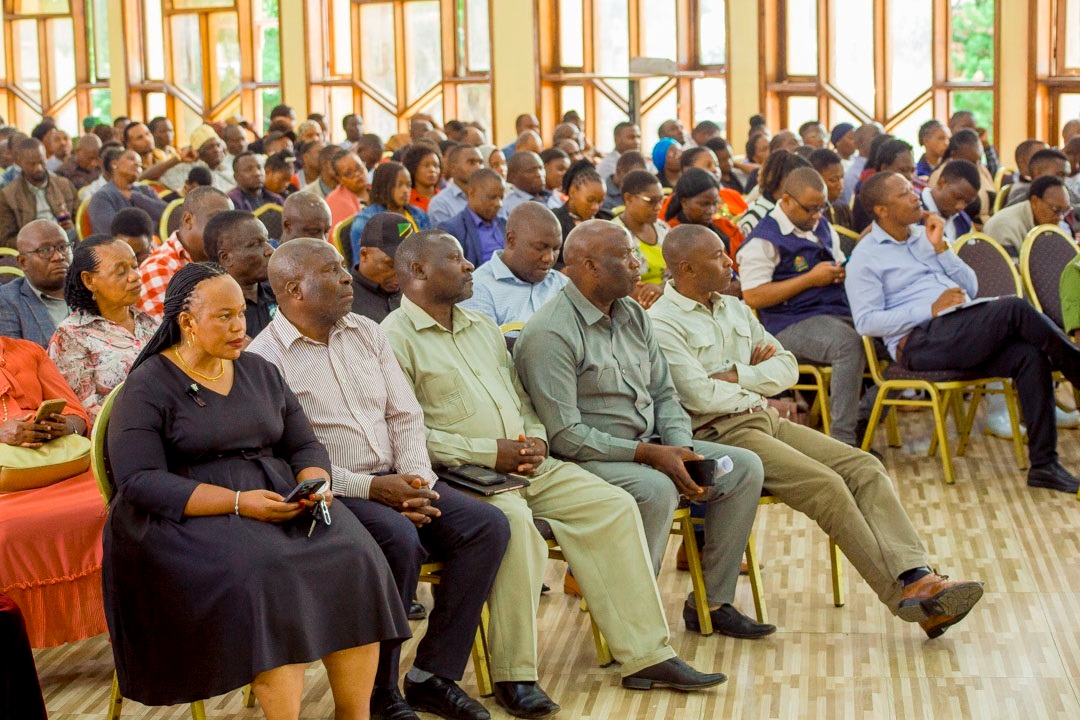Creating fairer, more just world amidst intensifying global crises
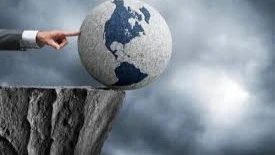
IF you listen to or read international news, you will realise that many parts of the world are engulfed in conflicts or wars – that can be internal or external. Internal conflict or war can be caused by disputed periodic elections where ballot stuffing or electoral fraud has occurred.
It can also be caused by unequal distribution of national resources or where development is uneven – that is, where one or more groups of people perceive themselves as socially, economically and politically excluded from enjoying the national wealth. External conflict can be caused by economic, geographical, political and military factors.
‘The Global State of Democracy 2024: Strengthening the Legitimacy of Elections in a Time of Radical Uncertainty’ states that: “Undermined electoral integrity—genuine or perceived— can contribute to political crises that weaken democratic processes and institutions, trigger violent conflicts and instability, and harm governments’ domestic and international legitimacy.”
In sub-Saharan Africa’s fledgling democracies, ballot stuffing or electoral fraud is common so much so that people’s wishes are disregarded as they often get the political leaders they didn’t vote for. This can cause violence and deaths and can lead to political instability.
Dr Kevin Casas-Zamora, Secretary-General of International Institute for Democracy and Electoral Assistance (International IDEA) says: “The success of democracy depends on many things, but it becomes utterly impossible if elections fail. Since democracy is an ideal that must be believed if it is to be true, a failure of perception is as serious as a failure of substance. To keep democracy alive, we must preserve public trust in electoral pathways to political change.”
International IDEA is an intergovernmental organisation with a mandate to support sustainable democracy worldwide. With its headquarters in Stockholm, and regional and country offices in Africa, Asia and the Pacific, Europe, and Latin America and the Caribbean, it assesses the performance of democracies around the world through its unique Global State of Democracy Indices and Democracy Tracker.
Another report titled ‘Global Terrorism Index 2024’ states that violent conflict remains the primary driver of terrorism, with over 90 per cent of attacks and 98 per cent of terrorism deaths in 2023 taking place in countries in conflict.
“All 10 countries most impacted by terrorism in 2022 were also involved in an armed conflict. The intensity of terrorism in conflict is also much higher than in non-conflict countries, with an average of 2.7 fatalities per attack compared to 0.48 fatalities,” the report says. It also suggests that the epicentre of terrorism has shifted from the Middle East and North Africa (MENA) to sub-Saharan Africa (See also Journey to Extremism in Africa: Drivers, Incentives and the Tipping Point for Recruitment, 2017).
With what is going on across the world, some people talk about the likelihood of a third world war and some world leaders have been threatening to use nuclear weapons. The number of countries in conflict and in war with each other is also rising.
‘Global Peace Index 2024: Measuring peace in a complex world’ suggests that “the world became less peaceful for the 12th time in the last 16 years, with the average level of country peacefulness deteriorating by 0.56 per cent over [the year before].”
While peacefulness improved in 65 countries, it deteriorated in 97 countries. According to GPI 2024, sub-Saharan Africa recorded a fall in peacefulness, “with the average score in the region deteriorating by 0.89 per cent over the past year. [It] is the second least peaceful region behind the Middle East and North Africa, with three of the 10 least peaceful countries in the world found in the region.”
Despite all this, there are also global efforts to create a fairer and more just world. According to the United Nations Department of Economic and Social Affairs (UNDESA) this can be achieved through a “people-centred approach to development that emphasises equity, inclusion and social justice”.
Sustainable development goal (SDG) Target 16.1 states: “Significantly reduce all forms of violence and related death rates everywhere [by 20230].” In light of this, every country has committed to reducing violence and related death rates across the world.
There is a growing concept of “global citizenship” advancing through intercultural (multicultural) education in the sense that wherever we are and in whichever country or community we live we are all interdependent as people, but also as nations, and communities and so we should collaborate to make our communities and nations, and consequently this world a better place to live in for all of us.
UNDESA envisages that the Second World Summit for Social Development scheduled for Qatar on November 4-6, 2025 will be a pivotal moment to re-commit to social development, and strengthen synergies with economic progress and environmental sustainability. While some parts of the world are engulfed in conflicts or wars there are also global efforts to create a better world in which we will be able to coexist with our differences. Let’s then work towards this end, and kindle hopes!
Top Headlines
© 2025 IPPMEDIA.COM. ALL RIGHTS RESERVED











